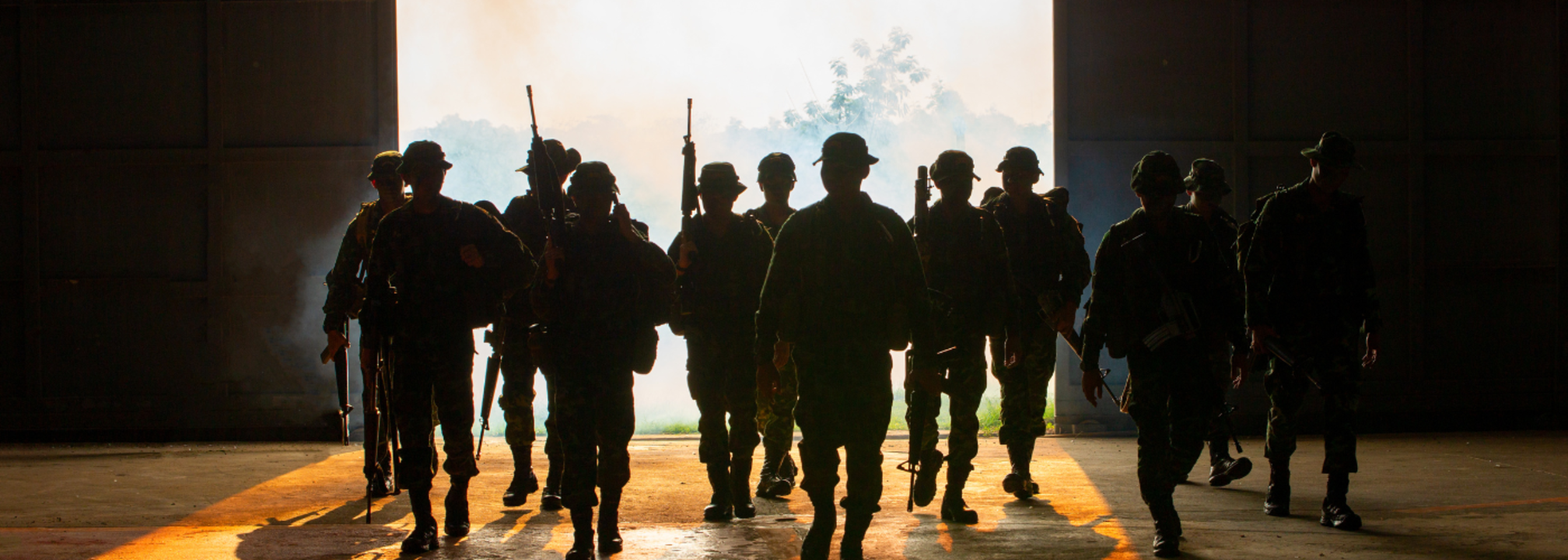People In U.S. military's Marine Corps Show Pattern Of Declining Mental Health

Representational Image (Credits: Canva)
SummaryDIs have a very demanding job. It requires them to work 90+ hours weeks, and they run on minimal sleep while maintaining extreme discipline. Their job demands physical endurance and unwavering authority, leaving little room for vulnerability.
End of Article
